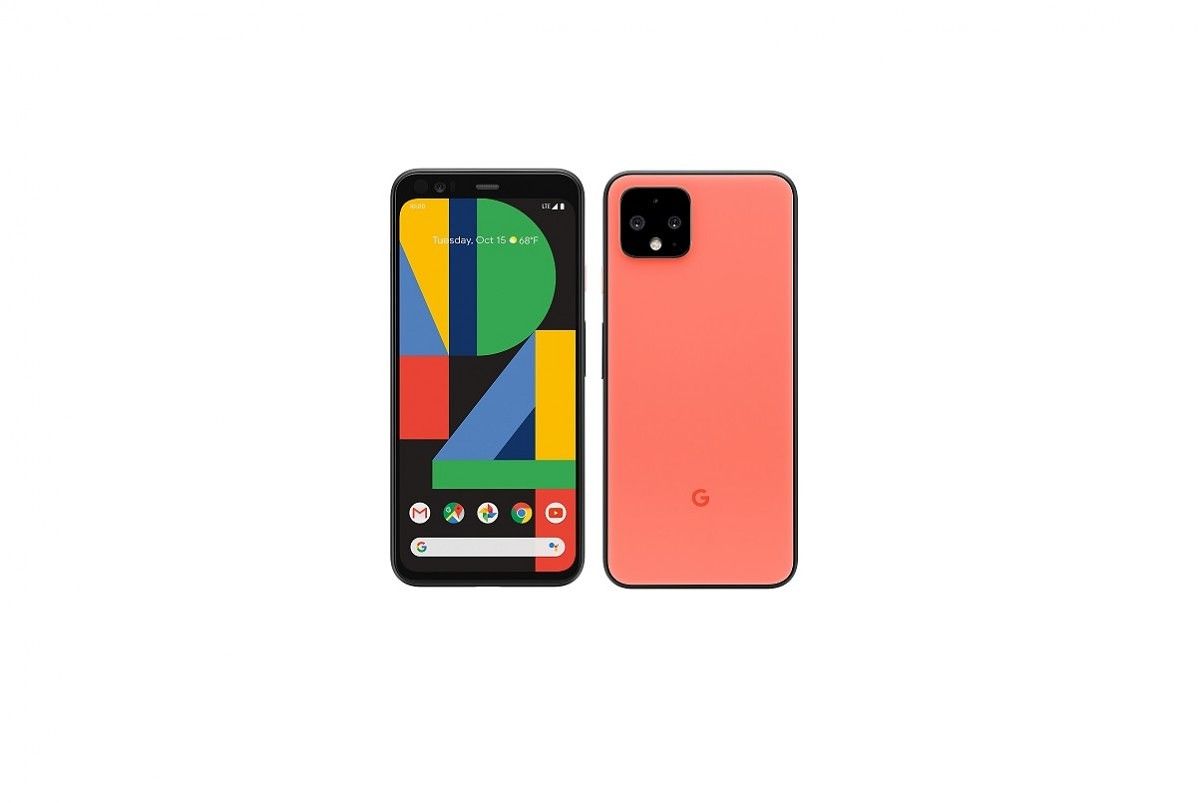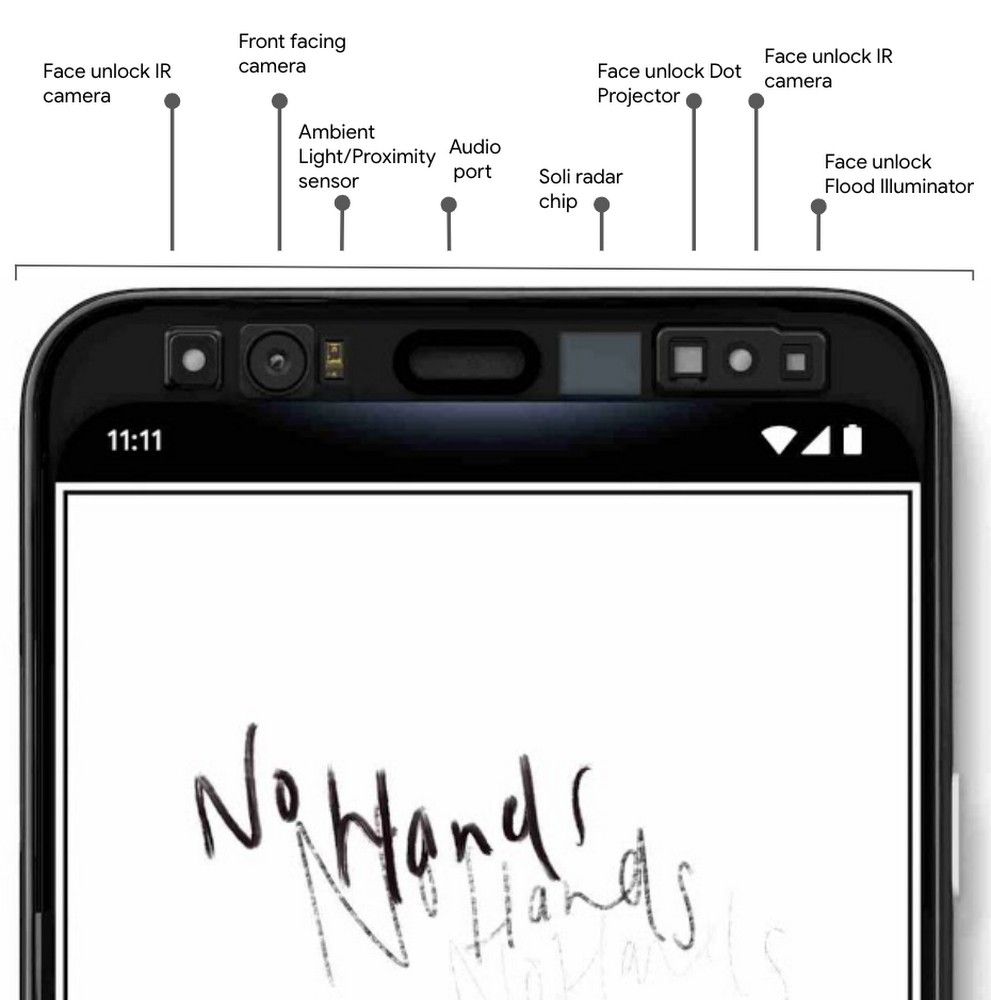At the recent Made by Google event, the company finally lifted the covers off the new Pixel 4 series. While we already knew almost everything about the new devices thanks to the never ending leaks, Google did have a couple of surprises under its sleeve. Among these was the jarring revelation that the Pixel 4 devices won't make it to India, which is definitely a bummer for Pixel fans in the country. We also learned that the Pixel 4 devices only include a secure face unlock feature for biometric authentication, with no signs of a fingerprint scanner. This sudden switch to face unlock as the only means for biometric authentication now spells trouble for Pixel 4 buyers worldwide.
The Pixel 4 is the first device to include secure facial recognition hardware that's fully compatible with Android 10, which allows the face unlock feature to be recognized as a valid form of biometric authentication using the BiometricPrompt API. However, early Pixel 4 reviewers have noticed that only a few, if any, apps allow for authentication via facial recognition. Password managers like Keepass and many banking apps still make use of the old FingerprintManager API to show fingerprint authentication dialogs. This means that users will have to wait for developers to update their apps with the BiometricPrompt API before they're able to use them.
It's worth noting that the FingerprintManager API was deprecated in API level 28 (Android 9 Pie) in favor of the new BiometricPrompt API. While in Android 10, the API was updated to add implicit confirmation, meaning that users won't have to hit "confirm" after successful authentication. Now, in order for apps to allow for authentication via Pixel 4's face unlock, they will have to update to target API level 28 and implement the BiometricPrompt. Once that's done, the BiometricPrompt API will show a system-provided dialog that will work with any secure biometric method available on the device - fingerprint or face unlock.
Now if you're an Android veteran, you'd already know that waiting for developers to update their apps usually takes a long time. Fortunately, though, Google started working on it months ahead of the Pixel 4 launch. Since August 2019, the company requires that all new apps submitted to the Play Store to target Android 9. So for any developers launching new apps, there's no reason for them to use the deprecated API over the newer BiometricPrompt API. Furthermore, starting November 2019, Google also requires all updates for existing apps to target Android 9. Therefore, when updating apps to support the newer API level, developers will be warned about the older API's deprecation, encouraging them to switch to BiometricPrompt, thereby adding face unlock support for the Pixel 4.
This article was updated at 11:00AM EST on 10/17/19 to clarify that switching to BiometricPrompt is not required merely because the older fingerprint API is deprecated in API level 28.


